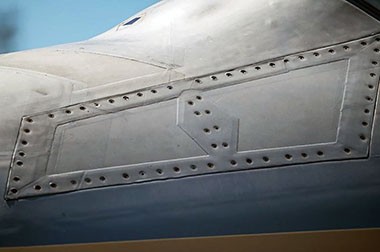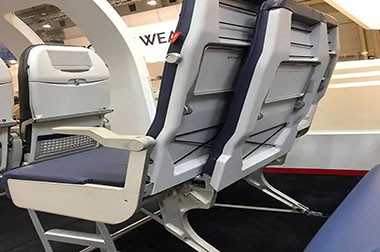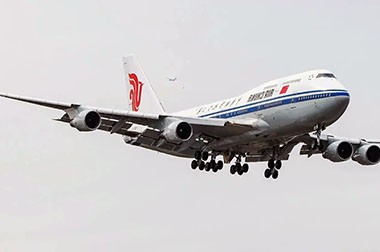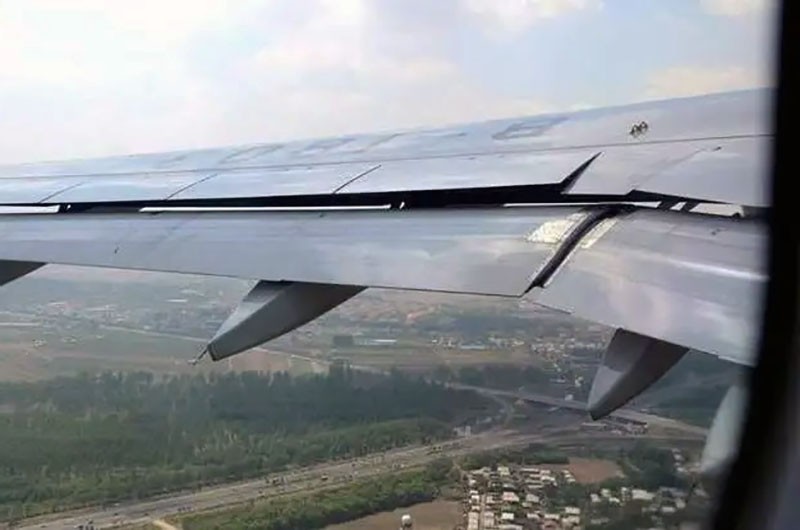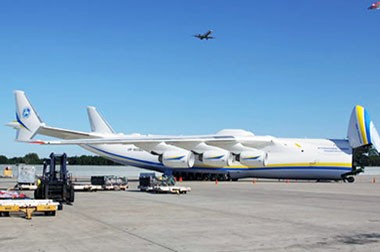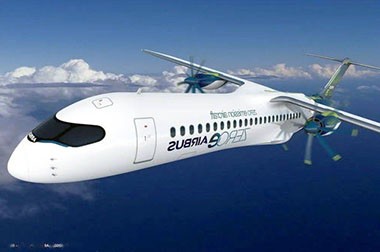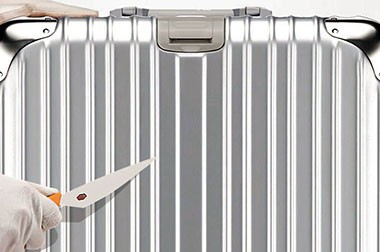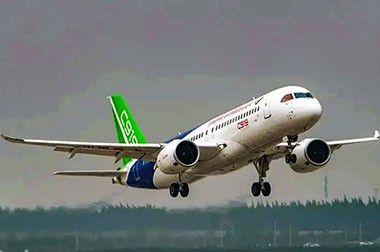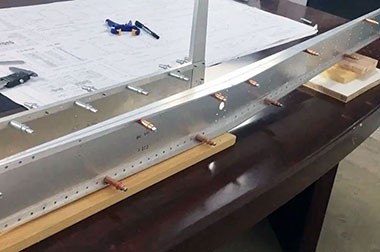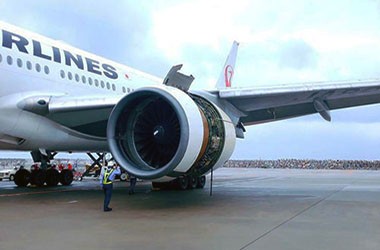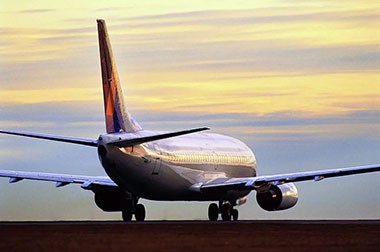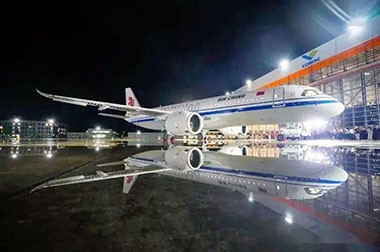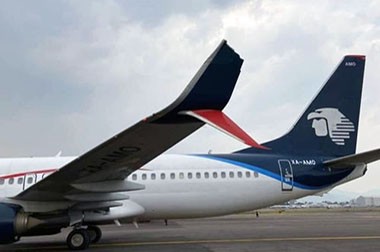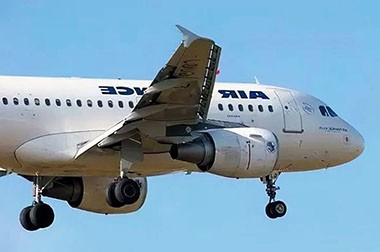What aluminum alloys are commonly used in the aerospace industry?
There are at least a dozen types of wrought aluminum alloys used in aircraft, mainly concentrated in the AI-Cu and Al-Zn alloy categories.
The use of aluminum alloys in the aerospace industry is very widespread, primarily because aluminum alloys have excellent strength-to-weight ratios, corrosion resistance, and workability.
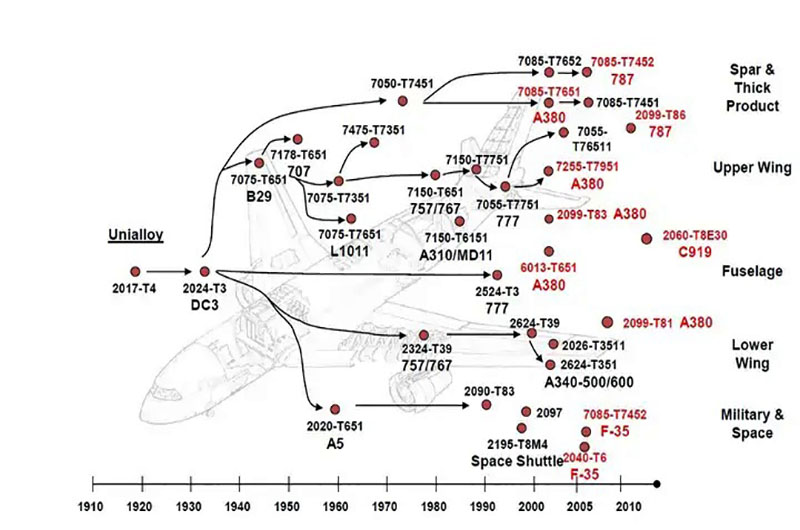
2xxx Series Aluminum Alloys (AI-Cu)
AI-Cu is a medium to high-strength, high-fatigue, and high-corrosion-resistant aluminum alloy, known as the 2xxx series, including 2024, 2324, and 2524.
- 2024 Aluminum Alloy: Offers excellent strength and fatigue performance, widely used in aircraft structural components such as wings and fuselage.
- 2324 Aluminum Alloy: Compared to 2024, the 2324 alloy has better corrosion resistance, suitable for components that need to bear high stress.
- 2524 Aluminum Alloy: Incorporates zinc and magnesium, providing better corrosion resistance, suitable for high-strength aviation structures.
Characteristics of 2xxx Series Aluminum Alloys (AI-Cu)
- Medium to high strength: Provides good tensile strength.
- High fatigue strength: Suitable for applications subjected to repeated loads.
- Relatively high corrosion resistance, but typically requires corrosion protection treatment (such as chromate treatment).
Applications of 2xxx Series Aluminum Alloys (AI-Cu)
The 2xxx series aluminum alloys (AI-Cu) are primarily used in aircraft structural components, such as wings and fuselage.
7xxx Series Aluminum Alloys (AI-Zn)
AI-Zn belongs to high-strength, high-fatigue aluminum alloys, known as the 7xxx series, including 7050, 7055, and 7075. The corrosion resistance of 7xxx is not as good as that of 2xxx, especially regarding stress corrosion performance, so 7xxx requires special heat treatment processes to improve corrosion resistance.
- 7050 Aluminum Alloy: Offers good strength and corrosion resistance, suitable for aircraft structural components, especially performing well in high-temperature environments.
- 7055 Aluminum Alloy: Provides even higher strength, suitable for aviation structures that require extreme strength.
- 7075 Aluminum Alloy: One of the strongest alloys in the 7xxx series, widely used in the aerospace field, but its corrosion resistance is relatively poor, thus requiring corrosion protection.
Characteristics of 7xxx Series Aluminum Alloys (AI-Zn)
- High strength: Especially suitable for applications requiring extreme strength.
- Good fatigue resistance, but relatively poor corrosion resistance, particularly weak in stress corrosion performance.
- Typically requires special heat treatment processes to improve corrosion resistance (such as T6, T73 treatments).
Applications of 7xxx Series Aluminum Alloys (AI-Zn)
The 7xxx series aluminum alloys (AI-Zn) are mostly used in critical structural components, such as wing beams and fuselage structures.
6xxx Series Aluminum Alloys (AI-Mg)
Low-strength AI-Mg series alloys, such as 6061, are mainly used in non-structural components. The 6xx series exhibits much better corrosion resistance.
6061 Aluminum Alloy: A widely used alloy that offers good mechanical properties and corrosion resistance, suitable for various non-structural components and parts in aviation.
Characteristics of 6xxx Series Aluminum Alloys (AI-Mg)
- Low strength: Lower strength, primarily used for non-structural applications.
- Good corrosion resistance: Superior to the 2xxx and 7xxx series, suitable for use in humid environments.
Applications of 6xxx Series Aluminum Alloys (AI-Mg)
The 6xxx series aluminum alloys (AI-Mg) are commonly used for manufacturing cabin interiors, brackets, and other non-critical structural components.
Corrosion Protection for Aerospace Aluminum Alloys
All 2xx and 7xxx series alloys used in aircraft require corrosion protection. Although the 2xxx and 7xxx series aluminum alloys possess excellent mechanical properties, their corrosion resistance is relatively poor, necessitating corrosion protection treatment. Common corrosion protection methods include anodizing, coatings, and surface treatments for aluminum alloys to enhance their corrosion resistance.

